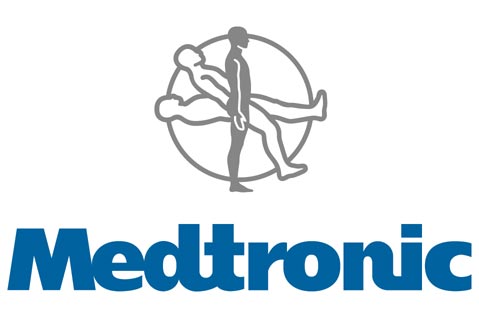
There’s been a lot of hand-wringing in medtech as healthcare systems around the world have moved from fee-for-service to value-based healthcare models that reward for outcomes, rather than for specific procedures.
But for Medtronic (NYSE:MDT) CEO Omar Ishrak, value-based healthcare is the salvation, not the damnation, of the medical device industry.
Speaking today at the J.P. Morgan Healthcare conference in San Francisco, Ishrak told MassDevice.com that embracing the shift to value-based healthcare is not only critical for medtech, but for its hospital customers as well.
"Moving to a value-based healthcare system is the only thing that can keep medtech from being commoditized," Ishrak told us. "Value-based healthcare is also the only thing that will prevent a hospital from being commoditized. We’re not the only ones. The providers are right there with us."
That’s why Medtronic bought Cardiocom, which makes devices aimed at helping to manage chronic conditions like diabetes or heart disease, last summer for $200 million. One focus of the new initiative is to lower the financial penalties hospitals pay when heart failure patients are re-admitted. Cardiocom is bringing in about $50 million a year, a figure Ishrak said is expected to grow to $100 million within 5 years.
Medtronic is also bent on proving the viability of the value-based model by inking deals with hospitals, he said. In those deals, the company finances new cath labs or hybrid operating rooms and manages their operation and workflow, in return for a 7-year commitment to a fixed per-patient fee that includes the cost of any Medtronic devices used in the procedure. The 1st 5 of these contracts, signed since last September, are slated to bring in about $300 million over 7 years, the CEO told us. That works out to about $50 million on an annualized basis, he said.
We also spoke about the recent headlines around renal denervation. Last week a pivotal U.S. trial of Medtronic’s Symplicity RDN device, designed to be the gold standard for RDN studies, failed to meet its efficacy endpoint. Ishrak said that, although disappointed in the result, Medtronic will easily be able to absorb the blow and he stressed that no decisions on RDN have yet been made. Renal denervation sales in markets where the technology has been approved amounted to just $30 million over the last 4 quarters and were not expected to ramp up until fiscal 2016, he noted. Even then RDN sales were only forecast to add 50 to 100 basis points of sales growth, Ishrak said.
"We’re still looking at the data. We need more analysis of the surprise," he said. "Having said that, the need for a treatment for uncontrolled hypertension is still there. Whether this approach is the right approach or not, we’ll have to assess."
And although he wouldn’t eliminate the possiblity of another blockbuster acquisition, Ishrak said Medtronic will continue to focus on tuck-in deals that address the disease states the company aims to provide treatments for.
"I won’t rule anything out, but any acquisition we make must fall in the general space we’re participating in. If we’ve got some gaps in those areas, there’s always the chance that we’ll make a move," he said. "Whatever deal we do must have good risk-adjusted returns. We have to be able to cover the dilution. And it has to be an area where we have a business team that can execute."

